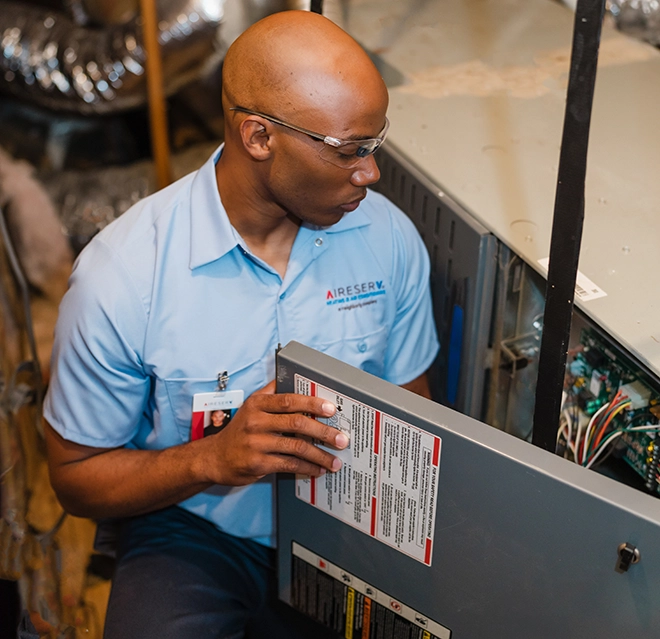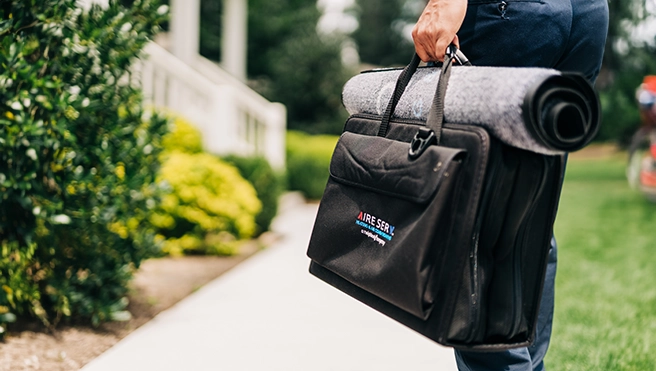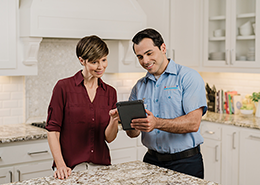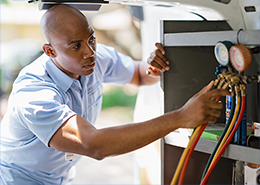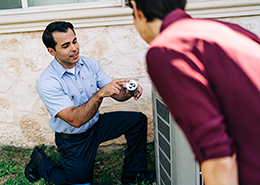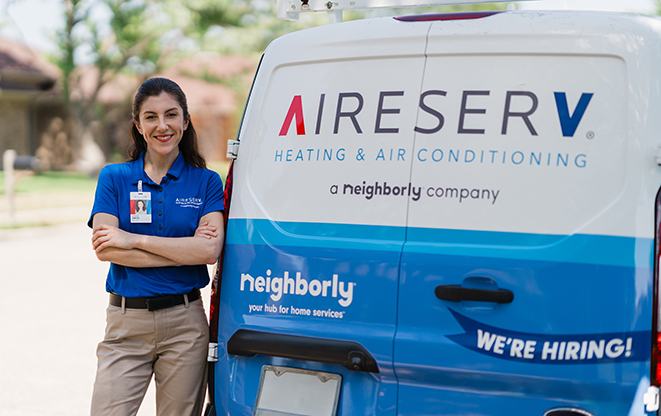Perhaps you are in the middle of building your home or in the middle of a large home remodeling project. Upgrading or installing a new HVAC system is always a good box to tick off.
When you already have a central AC in place, you likely already have a central heating system. Even when you’re not renovating your home, it is essential that you’re aware of your HVAC’s overall performance and age. We recommend that you take note of when you may be due for a heater replacement.
Our expert Rockwall heating installation team is well-versed in the job they do, and that includes:
Furnace Installation:
When you opt for a new electric or gas furnace installation, it is important to take note that you’ll require ductwork installation (unless you already have one in place, and it is in good shape). These large metal tubes will distribute heated furnace air throughout your home.
Also, when opting for a gas furnace, it is essential that your Rockwall heating installer safely and effectively connects your unit to the natural gas source.
Heat Pump Installation:
Heat pumps have gained popularity over the past decade. However, there are two versions:
- Ground-source heat pump: Ground-source systems extract heat from the soil and water that is under the earth’s surface level (about 656 ft. deep).
- Geothermal heat pump: Geothermal heating is generated by using the heat from the core of the earth (about 1600 ft. to 8,000 ft. deep).
As a popular Rockwall heating installation option, heat pumps are also one of the most expensive to install as they require shallow drilling. But costs vary, depending on what you choose. There are standard units and higher-end units.
Boiler Installation:
Boiler systems are still in use in many parts of the country and are also energy efficient. They also provide more comfortable radiant heat compared to the forced air from the furnace. If you don’t have an existing boiler with radiator systems, the cost of installing them may be high because they involve complex pipework installations. Boilers are known to provide comfortable temperatures, unlike forced air that would usually come from a furnace. Boilers may also keep your energy costs lower because their level of energy consumption is generally slow.

